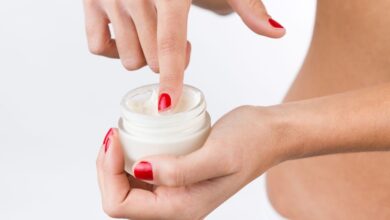Substance Abuse Levels Your Doctor Will Term Harmful

Substance abuse in Park Slope has become a significant problem in the population. Inability to control your alcohol consumption or opioid use can be life-threatening, especially when you try to minimize your dependency. Unfortunately, overcoming an addiction is not easy. Any recovering addict may attest that getting and staying in a recovery program can be challenging since sticking to the program entails long-term management with self-monitoring, counseling, and a healthy lifestyle.
What level of abuse will your doctor consider harmful?
Medical experts term substance abuse as surpassing your intake limit. For instance, your substance level will most likely be abused if you drink alcohol frequently to forget your problems. Substance abuse can be detrimental, resulting in:
- Disabilities
- Dangerous use
- Failure to perform your responsibilities
- Health complications
- Impaired control
Taking illegal drugs do more than shift your mood. Abuse of illegal drugs affects your perception, distorts your judgment, and alters your reactions, exposing you to injuries and accidents.
What should you know about addiction?
The stigma you are likely to face with substance abuse is usually your failure to seek help. However, addiction is more than using habit-forming substances. What should you, therefore, know about substance abuse?
- Addiction is not by choice.
Though smoking or taking opioids are personal choices, the problem is likely to extend beyond your responsibility when addiction jets. Despite your awareness of the potential negative consequences, it might be challenging to stop abusing the substances without professional help. Unfortunately, willpower alone might not be able to help you overcome your addiction. Like any other chronic ailments, substance abuse results from other contributing factors.
- Substance abuse alters your brain function.
Addiction-forming substances affect your brain functions, destabilizing your dopamine levels. The changes in the brain chemical affect your pleasure center, resulting in an intense desire for the habit-forming substance and overpowering your instinct for moderation. The good news is that your doctor can help your overcome even the worst addiction case with long-term care and support.
- Relapse is part of your recovery.
Though staying clean after treatment is hard, it is not impossible. You will likely have a setback soon after starting your rehabilitation program because of your overpowering desire to satisfy your pleasure. However, a suitable treatment plan might help you detect early signs of relapse and teach you how to apply coping mechanisms. While relapse may make you feel like a failure, it is usually part of your recovery process. Do not look at it as a need for advanced treatment.
- Look out for physical symptoms.
You will know you have dependency symptoms when you notice symptoms like bloodshot eyes, dilated pupils, changes in eating habits, and repetitive speech patterns. Other warning signs include depression and anxiety, especially when attempting to quit using habit-forming substances.
Your doctor is likely to term a drug illegal because it might be addictive or result in severe health effects. Do not hesitate to contact your doctor for help when you think your substance intake is becoming harmful.





